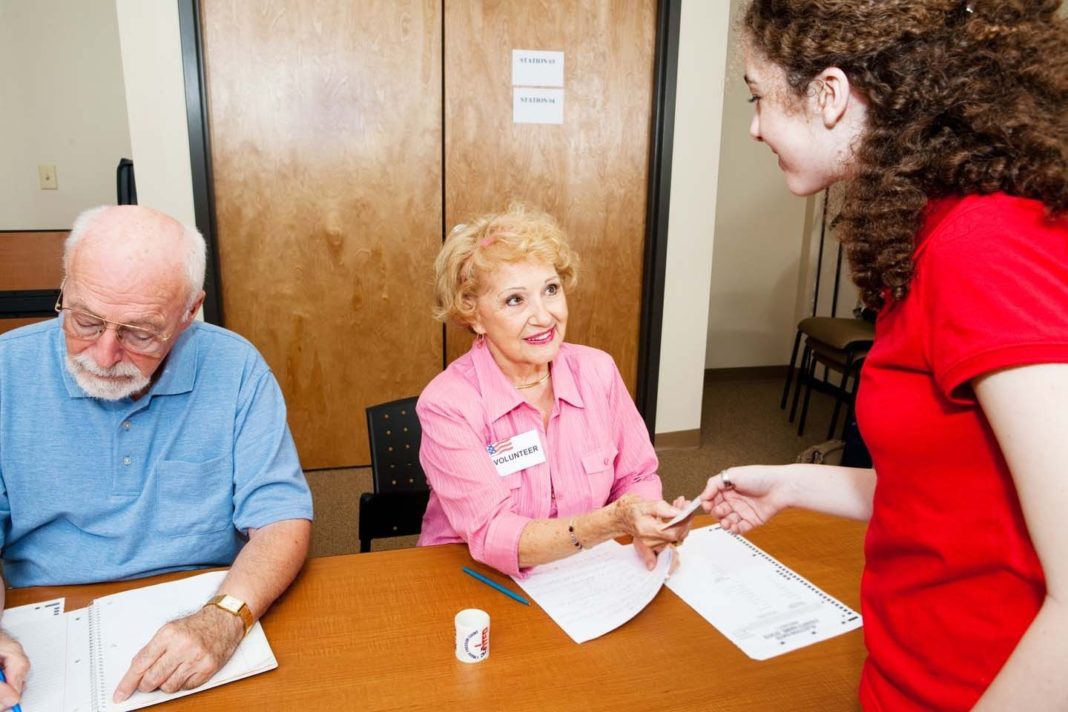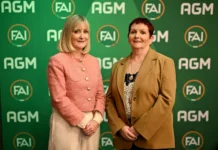83% of Irish young people will vote in Election 2016
60% of 18-35 year olds plan to vote for ‘nontraditional parties’
With the election looming, an in-depth study around ‘Youth and Politics’ in Ireland today, by Thinkhouse, the youth communications agency, reveals the views, attitudes and influential factors that will shape how today’s 18-35 year olds respond to the forthcoming election.
Nearly 30% of young people will spend between 1-3 hours researching on who to vote for. 10% will spend no time at all. While 79% have discussed their voting preference with a family member or friend.
The following are some of the key findings:
Young people more active than ever – On the back of a successful Marriage Equality Referendum campaign last year, young voters are more engaged than ever. 92% of those surveyed are registered to vote, with 83% saying they plan to vote in the upcoming election on 26th February. This projection would be a huge increase on the 70% turnout figures for the 2011 General Election.
Lack of true leadership in political parties – When asked which of the party leaders they liked best, the vast majority (45%) reported that they did ‘not like any of the main leaders’, highlighting the lack of true leadership and the rise in popularity of independent candidates according to today’s youth audiences.
When asked to rank their preferences in order, the parties who came out on top with young people are: 1st: Independents, 2nd: Social Democrats and 3rd: Green Party.
People matter more than anything – The results show that young people are ranking ‘the economy’ as ‘the issue that will have the biggest affect on their lives.’
However, when asked what are the most important issues to them, ‘social issues’ take the lead with ‘Repeal the 8th,’ ‘homelessness’ and the ‘refugee crisis’ coming out on top. This demonstrates that young people in Ireland today rank ‘issues affecting society’ higher in importance than ‘issues that affect themselves.’
Arts, environment and education need more focus – Policies that young people felt were not debated enough included ‘Environmental issues’ (36%), ‘Culture and The Arts’ (27%) followed by ‘Education’ at 20%. The candidates who come out on top with young people are the ones that address these issues head on and put them at the heart of their manifestos.
Influence: Friends and social media key factors – Not surprisingly, social media is the go-to ‘source of information’ on the election coming in at 68%. However, despite this, only 30% of respondents reported ‘interacting with a politician’ on social media. News apps (60%) and TV (57%) also ranked highly.
Similarly, when asked who most influences their voting decisions, young people cited their friends (91%) and parents (79%) as having the most influence on their voting decision. This shows that, while media outlets still hold sway, those closest to young people still have the greatest influence over them.








